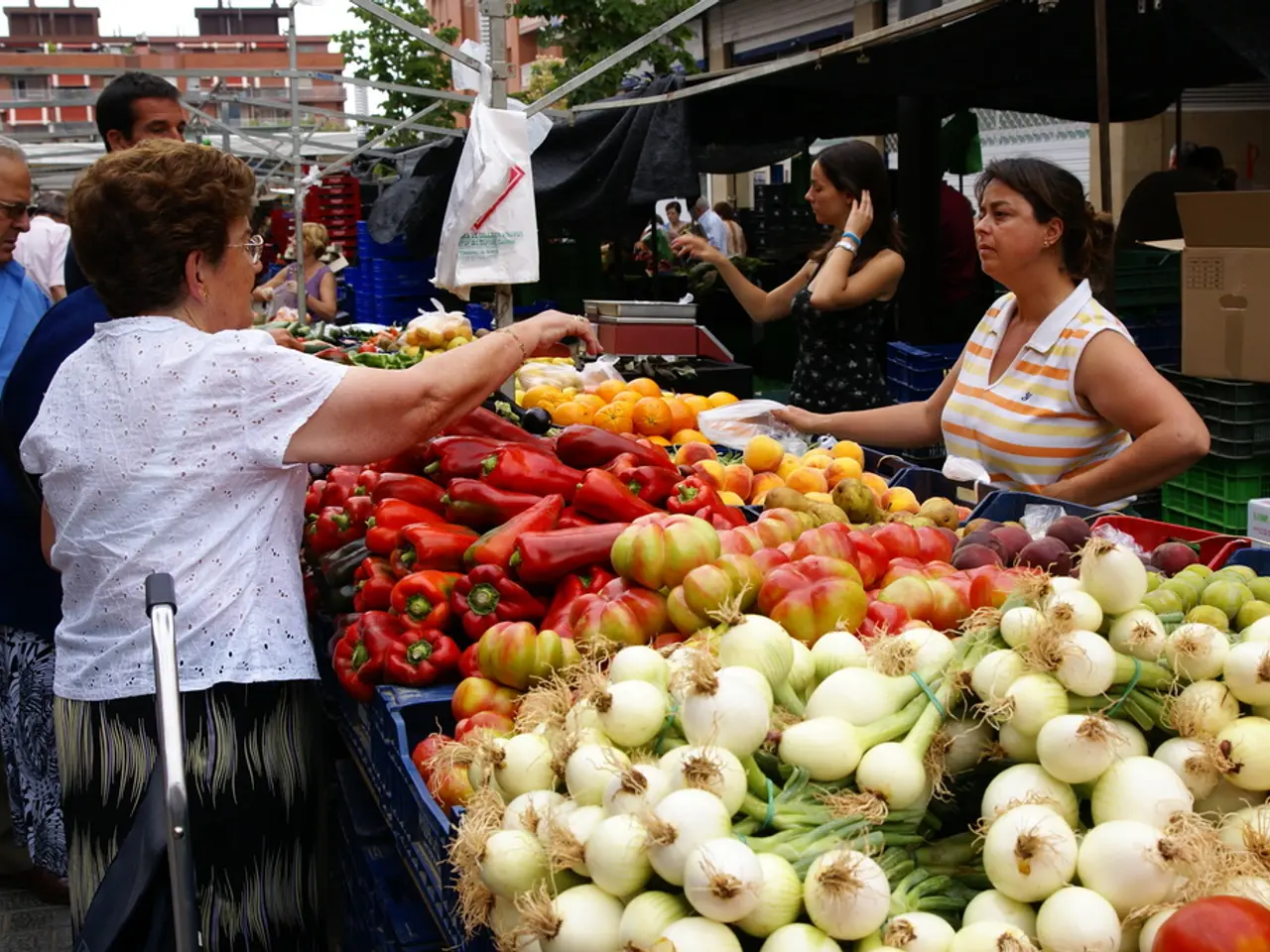Final opportunity for negotiations on the UN Plastic Treaty
In August 2025, the world convenes in Geneva for the resumed fifth session of the Intergovernmental Negotiating Committee (INC-5.2), a critical step towards finalising a historic global treaty on plastic pollution. The negotiations, running from August 5 to 14, follow a prior session in Busan, South Korea, in December 2024, which made significant progress but fell short of reaching a final agreement.
The treaty under discussion aims to create a comprehensive international legally binding instrument, addressing the full lifecycle of plastics—from design and production to consumption, waste management, and disposal. The ultimate goal is to end plastic pollution globally by 2040.
However, the negotiations are fraught with challenges and controversies. Key issues include disagreements over financial support and national responsibilities, addressing chemicals of concern and sustainable production, setting timelines and binding targets, ensuring inclusivity and real-world impact, and the scope of the treaty and ambition level.
Financial support and national responsibilities are at the heart of the debate, with countries differing on who should bear the costs and how resources should be allocated to ensure fair burden-sharing. There is also debate on how to regulate toxic additives and phase out harmful chemicals in plastics, along with how to enforce sustainable production practices.
Negotiators have struggled to agree on clear, enforceable timelines and reduction targets, balancing ambition with feasibility for different countries. Effective policy needs to include the voices of communities most affected by plastic pollution, translating negotiations into actionable national policies through partnerships among governments, industries, and civil society.
Some governments push for a high-ambition treaty that includes mandatory limits on plastic production, while others seek more flexible or voluntary approaches, leading to negotiation deadlocks. The outcome remains uncertain as of August 2025.
Despite these challenges, there is broad scientific and political momentum pushing for an ambitious and enforceable treaty. Over 70 countries have joined a High Ambition Coalition aiming to end plastic pollution by 2040, and over 95 countries endorsed a recent UN declaration calling for a lifecycle approach with mandatory production limits.
The draft treaty text currently spans 22 pages with 32 articles, serving as the negotiation basis. Without an agreement, plastic waste is expected to triple by 2060, causing substantial environmental, health, and economic damage worldwide.
Representatives from more than 160 states, hundreds of environmental organizations, and industry lobby groups are expected in Geneva for the negotiations. The EU is a pioneer in banning single-use plastics like straws and plastic cutlery, but achieving such strict standards worldwide is considered unrealistic.
Oil-producing countries, such as Iran, Saudi Arabia, Gulf states, and Russia, are preventing an ambitious treaty and only want to discuss waste and recycling. The U.S. government under Donald Trump is dismantling regulations, complicating the negotiation process.
If an agreement is reached, a diplomatic conference for signing will take place next year, with ratification in individual countries potentially taking several years. Around 300 companies and financial institutions support a "robust contract with global rules and uniform commitments."
Plastic particles are polluting every ecosystem on Earth and affecting humans. Micro- and nano-plastics can enter the body through food, water, and air, potentially affecting the unborn baby through the placenta. China has already planned national production restrictions for plastic.
Without measures, the amount of plastic waste will triple by 2060. Germany is present with a delegation, but the EU negotiates on behalf of all member states. The negotiations may take place until August 14, with the clock ticking towards a potentially transformative agreement for the future of our planet.
- The treaty on plastic pollution under discussion in the INC-5.2 session includes the aspect of health and wellness, as it aims to address chemicals of concern and prevent harmful substances from entering the human body through food, water, and air.
- The ambition level of the treaty on plastic pollution also extends to environmental science, with the goal of reducing plastic waste and micro-nanoplastics that are polluting every ecosystem on Earth.
- The draft treaty text on plastic pollution, spanning 22 pages with 32 articles, coincides with the field of medical-conditions and health-and-wellness, as it aims to minimize the negative impact of plastic waste on human health and reduce the risk of plastic particles affecting unborn babies through the placenta.




